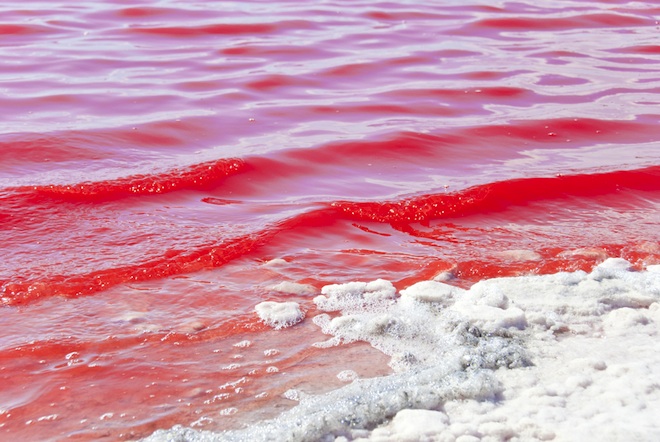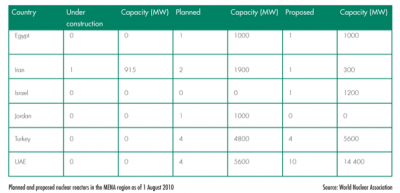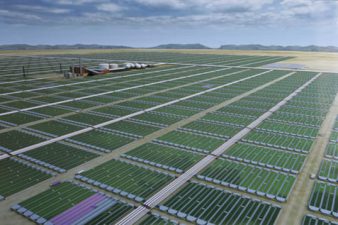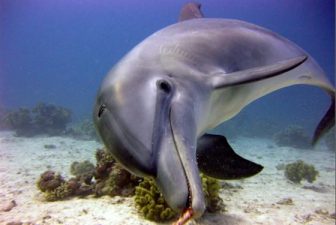 Red tides are toxic to both coral reefs and desalination plants in the Arabian/Persian Gulf, according to The National, so Masdar Institute has teamed up with government-backed Bayanat for Mapping and Surveying Services to predict and protect against harmful algae blooms.
Red tides are toxic to both coral reefs and desalination plants in the Arabian/Persian Gulf, according to The National, so Masdar Institute has teamed up with government-backed Bayanat for Mapping and Surveying Services to predict and protect against harmful algae blooms.
Masdar’s research wing is less popular than its world-changing renewable energy initiatives, but they’re the first government-backed organization to dig deeply for causes of and cures to so many of Abu Dhabi’s self-inflicted “eco-woes.”
Bringing great transparency to the nation and indeed the entire Arabian peninsula, Masdar has helped to launch Abu Dhabi’s image as one of the few Islamic nations to tackle its previously neglected environmental responsibilities – and with great haste at that.
Pioneers of the first ultra-modern solar-powered desert community in the Middle East and North Africa, Masdar has also branched out to Spain and the UK, along with several developing countries, in order to fund and develop solar and wind-powered plants with varying generation capacities.
They’ve helped Mauritania, the Seychelles and may head into Egypt (if the country ever stabilizes), and have plans to extend their reach even further, but in the meantime, all kinds of very important research is taking place back home.
Most recently, Masdar Institute announced that it has partnered with Bayanat to “develop water quality monitoring tools in the Arabian Gulf using the satellite receiving station at the research-based institution.”
Detecting red algae blooms before they strike is one of the most important issues MI and Bayanate hope to address.
Like early warning systems for earthquakes and hurricanes, this satellite-fed information data will allow researchers to warn coastal communities and fisherman when it is necessary to protect their marine environment against an incoming algae bloom.
“The project, which uses satellite imagery from Europe’s Meteosat and Nasa’s MODIS satellites, also aims to forecast and monitor other environmental hazards such as oil spills, water turbidity – or cloudiness due to particles – and high chlorophyll concentrations,” writes The National’s Vesela Todorova.
Also crucial are desalination plants.
With just a few days worth of fresh water in reserves, Abu Dhabi’s population would suffer a great deal if its water-purification facilities were compromised by algae blooms. Knowing that they’re about to strike would prevent damage to the plants and secure the emirate’s water supply.
Led by the Ocean Color Research Group at Masdar’s Earth Observation and Hydro-Climatology Lab, the project team is also studying the impact of desalination plants on the Gulf’s marine ecosystems. Research conducted elsewhere suggests that they should be a last ditch solution given the toll they exact.
Within just years of starting my work at Green Prophet, it is very encouraging to see the progress that has taken place in Abu Dhabi with respect to its willingness to become accountable for the well being of its natural resources, and therefore, by extension, its people.
:: The National
Image of red tide, Shutterstock



